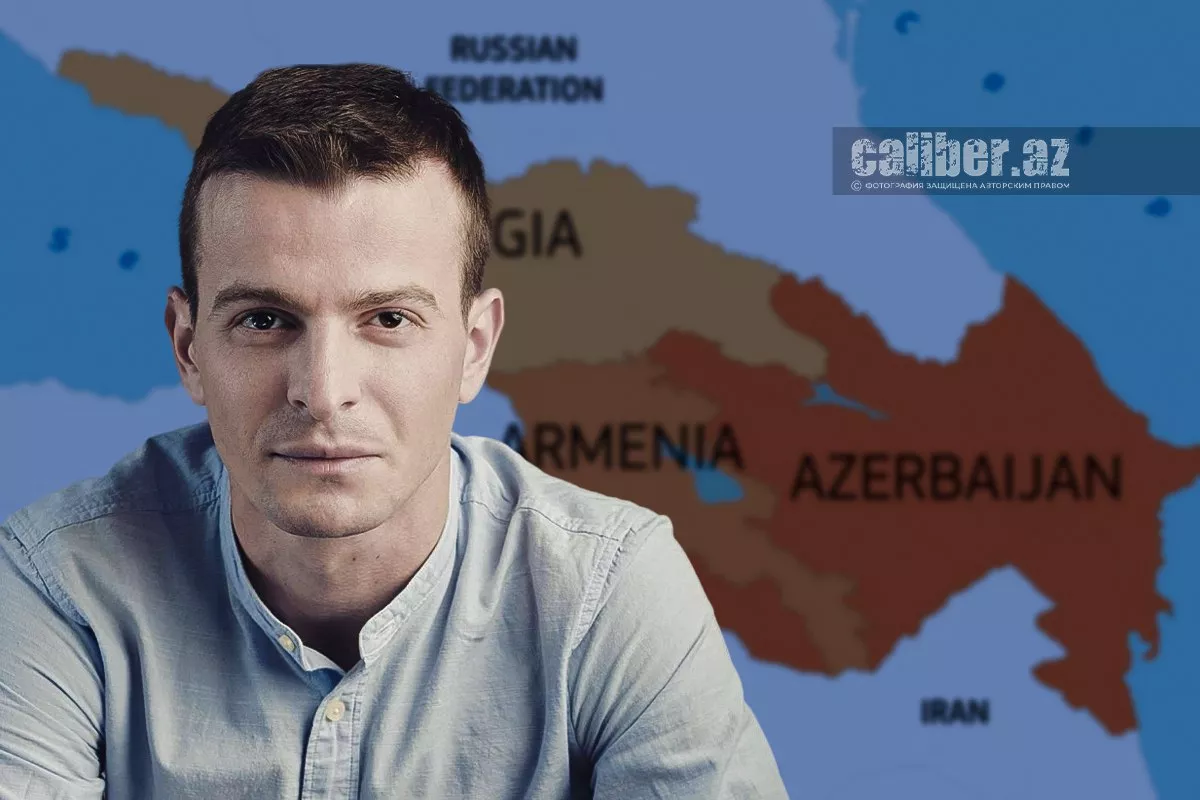Tbilisi shrugs off Brussels' criticism Georgian experts weigh in
On February 13, the European Parliament adopted a resolution "On the Further Deterioration of the Political Situation in Georgia." The resolution urges the EU not to recognize the authority of the ruling political party, Georgian Dream, impose sanctions on Bidzina Ivanishvili and high-ranking government officials, judges, and "the owners of regime-aligned media outlets," and hold new elections as a prerequisite for future cooperation. In response, Tbilisi stated that Georgia is facing very serious challenges, and the authorities cannot sacrifice the country just to hear pleasant words from Brussels.
Has the escalation in relations between Tbilisi and Brussels reached its peak, or should we expect further deterioration? How will events unfold in the future? These are the questions Caliber.Az's correspondent posed to Georgian experts.
As noted by Tornike Sharashenidze, a full-time professor and the Head of the MA Program of International Affairs at the Georgian Institute of Public Affairs (GIPA), the European Parliament adopted a resolution in 2021 calling for sanctions against Ivanishvili and the release of Saakashvili.

"So, the new European Parliament resolution is no news for Georgian Dream: while the authorities initially reacted nervously, they have now become accustomed to it and accept EU decisions calmly. Especially considering that Tbilisi does not expect any serious, truly painful sanctions from the EU. In this regard, the greater threat of sanctions for Tbilisi may come from the U.S., but Georgia is not a priority for the Americans at the moment, as Trump is preoccupied with other, more pressing matters for U.S. politics: the war in Ukraine and the trade war with China. This attitude suits the Georgian Dream just fine – at this stage, it can simply ignore the European Parliament resolutions.
If Trump continues to ignore Georgia, Tbilisi will likely not need to adjust its foreign policy. I think that at the moment, the Georgian Dream has fairly strong positions to navigate through this external and internal crisis. Currently, the Georgian opposition is angry but weak, and it is clear that Europe alone cannot exert significant pressure on Georgia through various political mechanisms: sanctions, resolutions, and others," says Sharashenidze.

According to international relations expert Georgy Gogua, to fully assess the situation, one must recall a historical fact: on December 26, 1991, the Soviet Union officially ceased to exist, and this process was preceded by the strengthening of Western soft power in the 1980s.
"For over 30 years, the West, both Europe and the U.S., has been interested in pursuing its political and economic interests in the South Caucasus. But the large-scale military conflict between Russia and Ukraine changed everything. Especially for Georgia. Before this war, there were no critical remarks directed at Georgia, no political pressure on Tbilisi at the level that occurred afterward. This is because Western countries had developed a logical plan that involved the Georgian state becoming an instrument in the confrontation with Russia, even to the point of imposing sanctions on Moscow from Tbilisi. This, of course, would have led to catastrophic consequences for the Georgian state. And here arises the logical question: why should a small fish allow a big shark to eat it, if it possesses intellect and the instinct for self-preservation?" — asks the political scientist.
According to Gogua, the opinion expressed by the Georgian Minister of Foreign Affairs regarding the actions of the European Parliament is what any clear-minded diplomat should have done.
"Unfortunately, not everyone shares this view — alongside all of this, protests continue in Georgia, where citizens believe that the current government has completely distanced itself from the West and fallen into Russia's sphere of influence. These conclusions seem unwise and illogical, as before the Russian-Ukrainian war, Georgia showed more successful results in its pursuit of EU membership than Moldova and Ukraine and had an openly pro-European course. However, different times have arrived: now Georgia is facing the demands of Western realpolitik, which relies more on power than on the principles of international law. Furthermore, it can be said that international law and its principles regarding Georgia have been nullified today," concluded Gogua.








